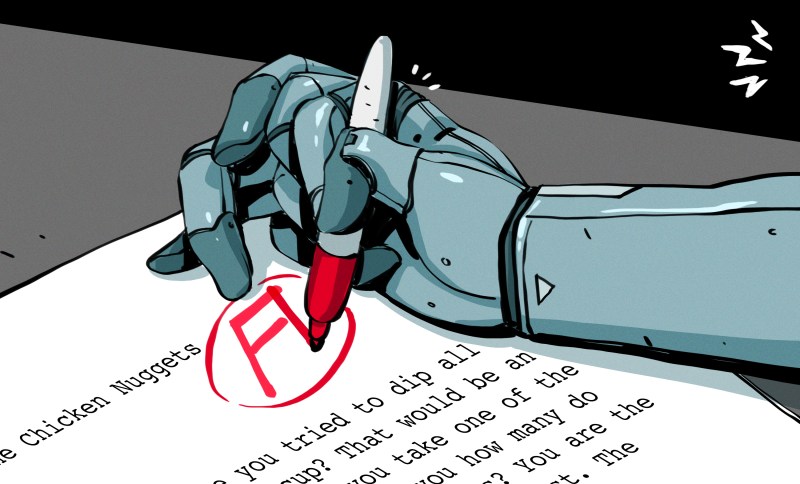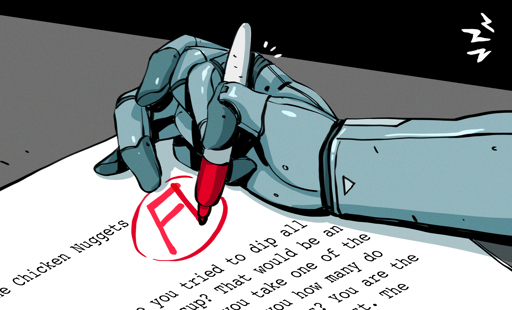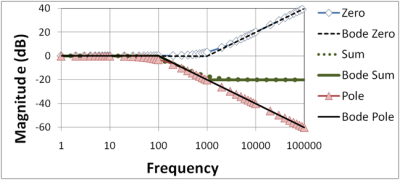
One of the fun things about writing for Hackaday is that it takes you to the places where our community hang out. I was in a hackerspace in a university town the other evening, busily chasing my end of month deadline as no doubt were my colleagues at the time too. In there were a couple of others, a member who’s an electronic engineering student at one of the local universities, and one of their friends from the same course. They were working on the hardware side of a group project, a web-connected device which with a team of several other students, and they were creating from sensor to server to screen.
I have a lot of respect for my friend’s engineering abilities, I won’t name them but they’ve done a bunch of really accomplished projects, and some of them have even been featured here by my colleagues. They are already a very competent engineer indeed, and when in time they receive the bit of paper to prove it, they will go far. The other student was immediately apparent as being cut from the same cloth, as people say in hackerspaces, “one of us”.
They were making great progress with the hardware and low-level software while they were there, but I was saddened at their lament over their colleagues. In particular it seemed they had a real problem with vibe coding: they estimated that only a small percentage of their classmates could code by hand as they did, and the result was a lot of impenetrable code that looked good, but often simply didn’t work.
I came away wondering not how AI could be used to generate such poor quality work, but how on earth this could be viewed as acceptable in a university.
There’s A Difference Between Knowledge, and Skill
The poles and zeroes part of my first year undergraduate course was forever damaged by awful practical scheduling. Brews ohare, CC BY-SA 4.0
I’m going to admit something here for the first time in over three decades, I cheated at university. We all did, because the way our course was structured meant it was the only thing you could do. It went something like this: a British university has a ten week term, which meant we had a set of ten practicals to complete in sequence. Each practical related to a set of lectures, so if you landed one in week two which related to a lecture in week eight, you were in trouble.
The solution was simple, everyone borrowed a set of write-ups from a member of the year above who had got them from the year above them, and so on. We all turned in well written reports, which for around half the term we had little clue about because we’d not been taught what they did. I’m sure this was common knowledge at all levels but it was extremely damaging, because without understanding the practical to back up the lectures, whatever the subject was slipped past unlearned.
For some reason I always think of poles and zeroes in filters when I think of this, because that was an early practical in my first year when I had no clue because the lecture series was six weeks in the future. I also wonder sometimes about the unfortunate primordial electronic engineering class who didn’t have a year above to crib from, and how they managed.
As a result of this copying, however, our understanding of half a term’s practicals was pretty low. But there’s a difference between understanding, or knowledge, and skill, or the ability to do something. When many years later I needed to use poles and zeroes I was equipped with the skill as a researcher to go back and read up on it.
That’s a piece of knowledge, while programming is a skill. Perhaps my generation were lucky in that all of us had used BASIC and many of us had used machine code on our 8-bit home computers, so we came to university with some of that skill already in place, but still, we all had to learn the skill programming in a room full of terminals and DOS PCs. If a student can get by in 2025 by vibe coding I have to ask whether they have acquired any programming skill at all.
Would You Like Fries With Your Degree?
I get it that university is difficult and as I’ve admitted above, I and my cohort had to cheat to get through some of it, but when it affects a fundamental skill rather than a few bits of knowledge, is that bit of paper at the end of it worth anything at all?
I’m curious here, I know that Hackaday has readers who work in the sector and I know that universities put a lot of resources into detecting plagiarism, so I have to ask: I’m sure they’ll know students are using AI to code, is this something the universities themselves view as acceptable? And how could it be detected if not? As always the comment section lies below.
I may be a hardware engineer by training and spend most of my time writing for Hackaday, but for one of my side gigs I write documentation for a software company whose product has a demanding application that handles very high values indeed. I know that the coding standards for consistency and quality are very high for them and companies like them, so I expect the real reckoning will come when the students my friends were complaining about find themselves in the workplace. They’ll get a job alright, but when they talk to those two engineers will the question on their lips be “Would you like fries with that?”
From Blog – Hackaday via this RSS feed



